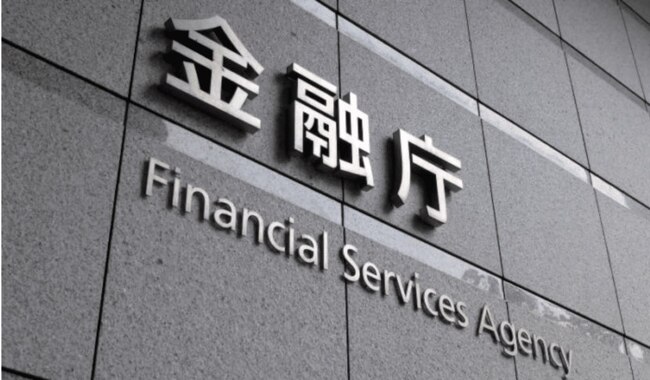Highlights:
- Japan’s FSA proposes two crypto asset categories to improve oversight and tailor regulations.
- Business crypto assets will face stricter disclosure, while Bitcoin and Ethereum fall under non-business crypto assets.
- A new legal framework is expected by 2026, aligning crypto rules with securities regulation.
The Japanese Financial Services Agency (FSA) has recently suggested the categorization of crypto assets into two types. On April 10, a discussion paper was published with the breakdown of business and non-business crypto assets. The FSA launched a public consultation on its new strategy up to May 10 in order to consider all the opinions.
The proposal signifies a new approach in how Japan approaches the regulation of digital assets. The agency intends to update the legal framework by presenting a new bill on crypto to the parliament by 2026. Such legislation would classify crypto assets under the Act on Financial Instruments and Exchange Act like traditional securities if approved.
Japanese regulator eyes two-category crypto framework, seeks public input
Japan’s Financial Services Agency (FSA) published a discussion paper on April 10 seeking public input on potential crypto regulatory revisions, according to CoinPost. Open for comment until May 10, the…
— CoinNess Global (@CoinnessGL) April 11, 2025
Classification Targets Disclosure and User Protection
As stated by the FSA, business crypto assets embrace tokens developed to generate capital for certain schemes. Utility-based tokens tend to need proper disclosure over the utilization of funds and other related information about the project. In order to countermeasure such risks, the agency wishes to close the gap between the issuers and the users by enhancing the disclosure requirements.
Non-business crypto-assets, on the other hand, refer to crypto-assets that are not associated with business activities or fundraising. Notably, Bitcoin and Ethereum are some examples of these types of assets. The FSA further noted that the majority of the non-business tokens may not be issued by any identifiable entity and, therefore, cannot be compelled to be transparent. Consequently, enforcement for this group is currently difficult under the current rules.
The differentiation enables appropriate regulation in the sense that it is possible to craft rules according to the nature of the asset. Disclosure, market conduct, and access requirements would differ based on whether the asset is business or non-business. This model also seeks to benefit users while at the same time promoting the advancement in technology.
Expanded Oversight Includes Insider Trading and Market Entry
Apart from assets classification, the paper also shows other general review sections that involve conduct standards, insider trading and conditions for entry of firms in the crypto space. It also states that misconducts like insider trading should be dealt with using existing tools of securities regulation. The FSA mentioned such tools as monitoring systems and business improvement orders as enforcement options.
The document also addresses and provides recommendations for staking practices and the travel rule. It also focuses on priorities to be put in future oversight are fair price formation, fraud prevention and transparent transactions. These elements reflect several characteristics of traditional financial regulation.
The agency seeks to establish a regulatory structure that will match the complexities of risks stemming from crypto assets by implementing these standards. This initiative can be regarded as a timely expansion of crypto regulation in Japan, aligning with the existing laws to minimize fragmented approach and enhance accountability.
Next Steps Ahead of Planned 2026 Legislation
The FSA has been observing Japan’s crypto market since July 2024. This latest publication contains a discussion of results and legal recommendations. The feedback given during the public comment period will further inform changes to regulations before a specific bill is proposed in 2026.
🚨JUST IN: JAPAN PLANS TO CLASSIFY CRYPTOCURRENCIES AS FINANCIAL PRODUCTS AS EARLY AS 2026, SAYS NIKKEI
— BSCN (@BSCNews) March 31, 2025
While the discussion paper tackles a number of aspects of financial regulation, it does not consider taxation. The main concern remains with conduct, disclosure, and avoiding unfair practices in the crypto markets. Additionally, the FSA will take into account international regulatory developments as it formulates the framework.
Best Crypto Exchange
- Over 90 top cryptos to trade
- Regulated by top-tier entities
- User-friendly trading app
- 30+ million users
eToro is a multi-asset investment platform. The value of your investments may go up or down. Your capital is at risk. Don’t invest unless you’re prepared to lose all the money you invest. This is a high-risk investment, and you should not expect to be protected if something goes wrong.






